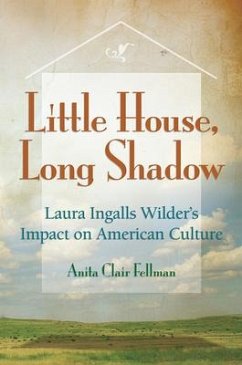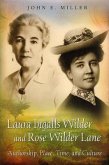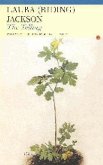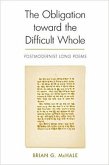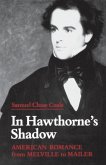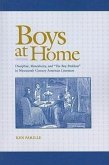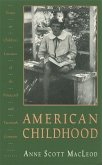Fellman shows that Laura Ingalls Wilder's magical Little House series contained a covert political message that made many readers comfortable with the resurgence of conservatism. Because both Wilder and her daughter, Rose Wilder Lane, opposed the New Deal programs being implemented as they wrote, their books use family history as an argument against the state's protection of individuals from economic uncertainty, emphasizing the Ingalls family's isolation and resilience in the face of crises. Fellman argues that the books' popularity helped lay the groundwork for a negative response to big government and a positive view of political individualism, contributing to the acceptance of contemporary conservatism while perpetuating a mythic West. Fellman also explores the continuing presence of the books--and their message--in modern cultural institutions from classrooms to tourism, newspaper editorials to Internet message boards.

